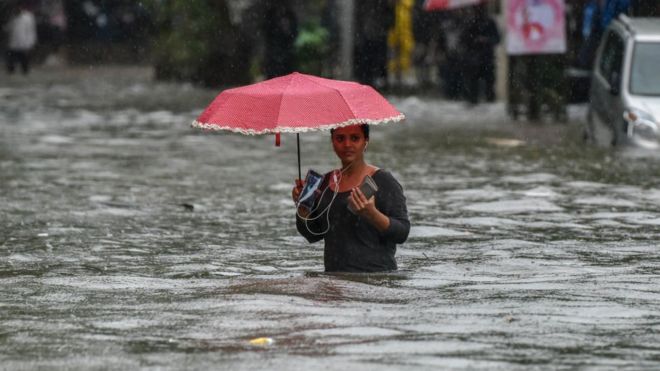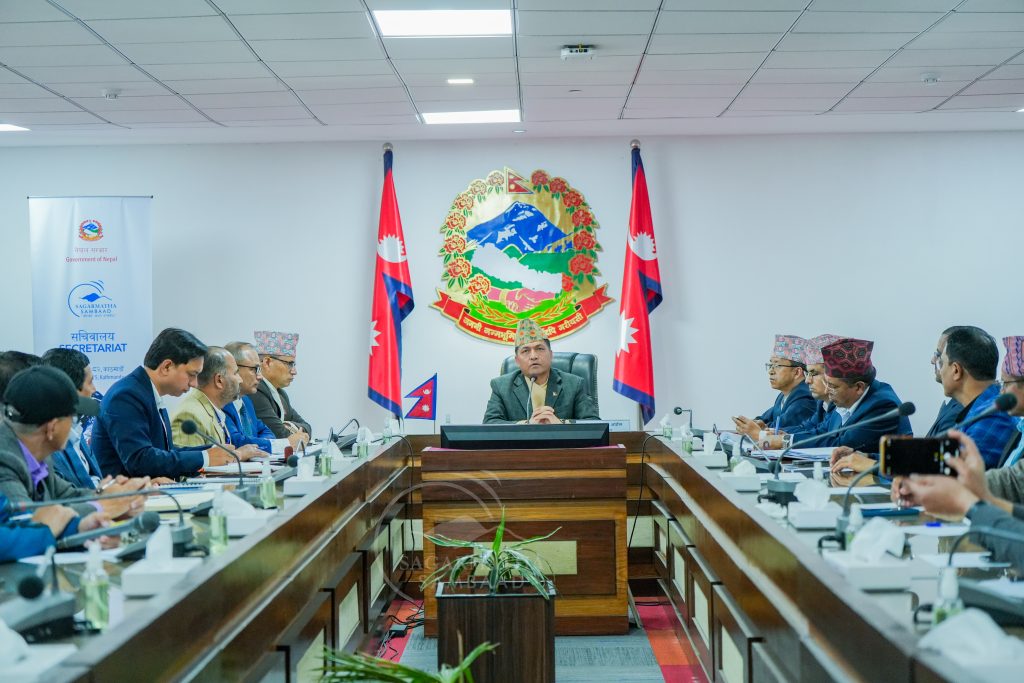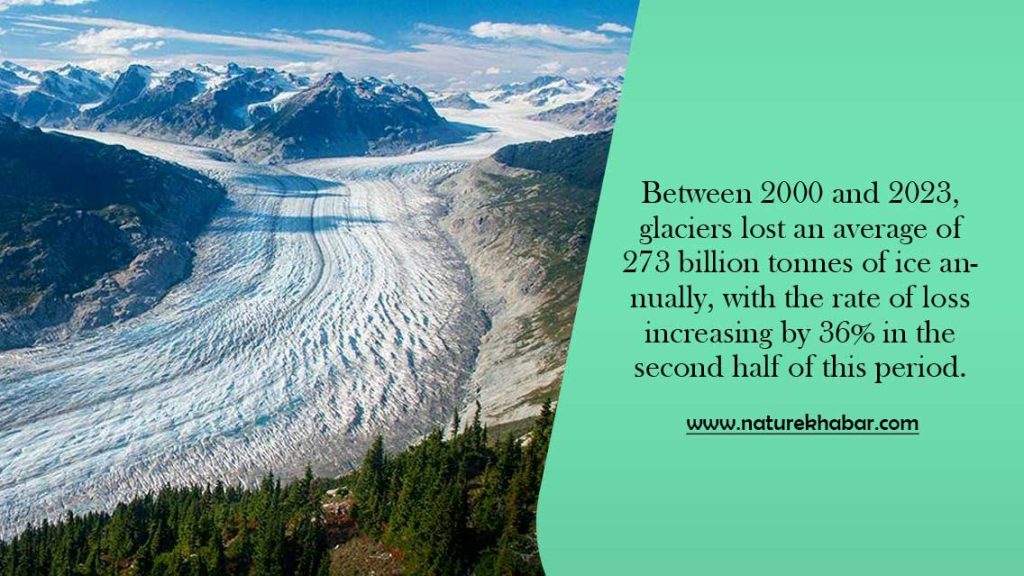Mumbai rains: Is India’s weather becoming more extreme?
- Nature Khabar


With unusually extreme rainfall in India’s monetary capital Mumbai over the previous few weeks, and extreme drought situations elsewhere within the nation, questions are being raised about whether or not these excessive occasions have gotten extra frequent.
Actuality Examine has had a have a look at the obtainable knowledge for floods and drought over time to see if any patterns are rising.
First, the rainfall
India depends on the heavy rains of the annual monsoon season for many of its water wants.
The rains arrive in numerous elements of the nation at totally different occasions and, if they’re early or late, with devastating penalties for farmers. If they’re unusually heavy, built-up areas can face extreme disruption.
In latest days, Mumbai has been significantly badly affected, with at the least 30 flood-related deaths, and town’s prime civic official says its infrastructure has not been in a position to deal with the erratic rainfall patterns.
Media playback is unsupported in your machine
Media captionLethal floods has introduced India’s monetary capital to a standstill
However is there a longer-term sample?
Wanting on the annual knowledge from the 36 climate stations that monitor monsoon rainfall throughout the nation, no clear sample emerges.
Sure, the rainfall ranges are unpredictable and erratic, however figures since 2002 present no indication of a rise within the extremes of monsoon rainfall.
Extra and poor rainfall
Out of 36 climate stations
A UN report has estimated that within the decade 2006 to 2015 there have been 90 extreme floods with the lack of nearly 16,000 lives. Within the earlier decade there have been 67 floods with the lack of round 13,600 lives.
Whereas there was a rise, this doesn’t point out a serious change within the frequency of flooding over the 20 years.
What about drought situations?
Whereas Mumbai has skilled heavy rains and flooding, a lot of the nation has been experiencing very dry climate.
The south-eastern metropolis of Chennai has suffered from extreme water shortages due to delayed rains.
There has additionally been a latest heatwave throughout India, with temperatures crossing 45C in a number of areas in June.
Total, greater than 44% of land throughout India is estimated to be below drought – 10% greater than final 12 months.
So, are there patterns we are able to see from wanting on the temperature knowledge over time in India?
Rise of heatwaves and chilly waves
A heatwave is asserted when temperatures attain at the least 4.5C above an space’s regular temperature for 2 days.
From 1980 to 1999, there have been 213 heatwaves.
Between 2000 and 2018, roughly the identical time interval, there have been 1,400.
Additionally of word is the very noticeable bounce in extremes of warmth and chilly for 2017 and 2018.
However the outlook for excessive climate situations in the long run will not be encouraging.
A examine carried out by a global staff of researchers has predicted that by 2100, about 70% of India’s inhabitants is more likely to face threats from excessive warmth and humidity pushed by world warming.
Can higher planning alleviate flooding?
Mumbai is an efficient instance of the issues confronted by city planners in coping with the annual monsoon rains.
When, in 2005, at the least 900 died in floods in Mumbai, a choice was made to construct eight stations to pump out water. Two of them are but to be constructed.
Giant elements of town are constructed on land reclaimed from the ocean and lots of blame poor planning and speedy development for the annual rain chaos.
Mumbai’s centuries-old storm drains discharge rainwater by means of outfalls into the ocean and town’s Mithi river, however these outfalls get blocked when excessive tides coincide with heavy rain.
Their capability can also be affected by silting and dumping of stable waste.
A plan to revamp town’s drains started again in 1993, however critics say not sufficient has been accomplished.
Source : BBC News




Feedback